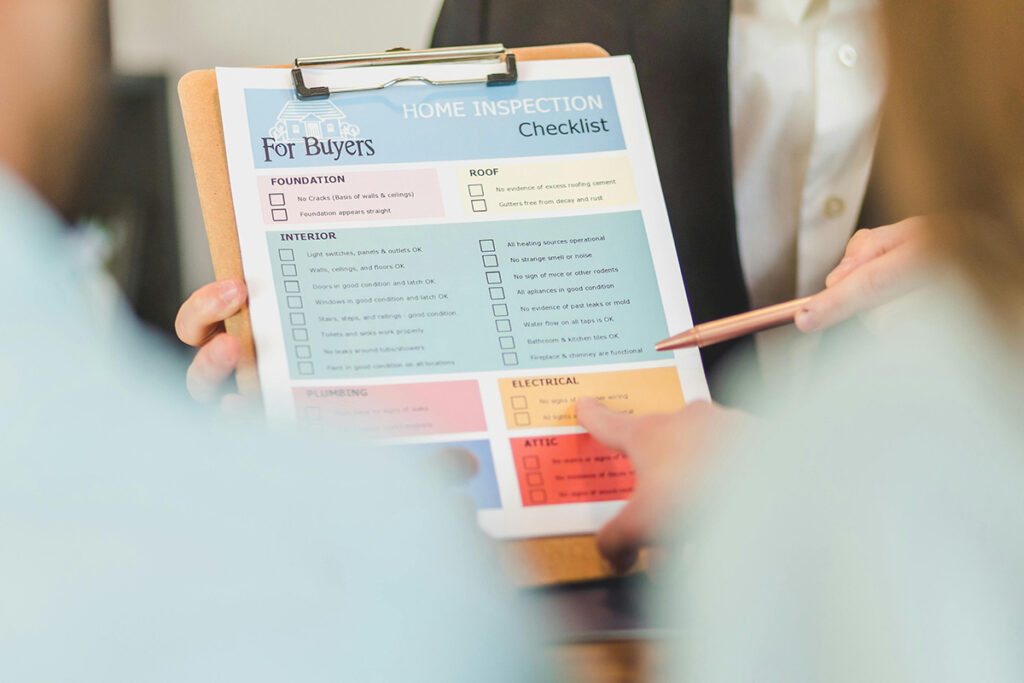

Thinking of buying property in Dubai? You’re not alone—many international investors and expats are drawn to Dubai’s booming real estate market for its high returns and vibrant lifestyle. However, the process can seem daunting, from understanding the different ownership types to navigating legal procedures and securing financing.
As you embark on this exciting journey, we’re here to help you every step of the way. With our expertise, you can confidently navigate the Dubai property buying process, ensuring you make a sound investment.
In this article, we’ll cover:
- Freehold vs. Leasehold Ownership
- Financing Options
- Legal Procedures and Documents
By the end, you’ll have a clear roadmap to make a successful property purchase in Dubai!
1. Understanding Freehold and Leasehold Ownership

Before you start your property search, it’s important to understand the types of property ownership available in Dubai. The city offers two main options: freehold properties and leasehold properties, each with different rights and regulations. Knowing these distinctions will help you choose the right property based on your long-term goals.
- Freehold properties: Available to foreign nationals in designated freehold areas like Palm Jumeirah, Downtown Dubai, Dubai Marina, and Dubai Hills Estate. Buyers fully own the property and the land.
- Leasehold properties: Buyers get rights to the property for a set period (usually 10-99 years), but the land ownership remains with the UAE national or the government. Areas like Jumeirah Village Circle and Arabian Ranches offer leasehold ownership.
2. Property Search and Choosing the Right Property

Finding the ideal property requires careful planning and research. Dubai offers a variety of commercial and residential properties, from luxurious apartments in Jumeirah Beach Residence to spacious villas in Dubai Hills Estate. Deciding on the right property depends on your budget, lifestyle, and investment goals.
- Property type: Choose between an apartment, villa, townhouse, or commercial space.
- Location: Consider areas like Downtown Dubai, Dubai Marina, and Palm Jumeirah based on convenience and amenities.
- Current market trends: Research the average property prices and potential returns on investment.
A professional real estate agent can help you navigate the Dubai property buying process and find the best deal.
3. Financing Your Property Purchase

If you are not a cash buyer, you will need a mortgage to finance your property purchase. Dubai banks offer various mortgage plans, but your eligibility depends on your financial history, income, and property’s value. Getting mortgage pre-approval is the first step in securing financing.
- Mortgage pre-approval: Check your eligibility with mortgage providers and the Al Etihad Credit Bureau.
- Down payment: Expats need at least 20-25% of the purchase price, while UAE nationals require 15-20%.
- Financing options: Choose between off-plan property financing and secondary market mortgages.
A mortgage broker can help you compare loan options and find the best rates.
4. Legal Procedures and Verifying Property Documents

Before proceeding with the property transfer, it’s essential to verify all property documents. The Dubai Land Department (DLD) ensures that every transaction is legal and secure. Buyers should work with their real estate agent to confirm all details before signing any contracts.
- Ensure the property is registered with the Dubai Land Department.
- Obtain a No Objection Certificate (NOC) from the developer for ownership transfer.
- Check the property’s value through an official property valuation.
The Real Estate Regulatory Agency (RERA) oversees compliance with Dubai’s real estate market laws.
See Also Dubai Off-Plan Properties
5. Signing the Sales Agreement and Paying Fees

Once you’ve selected a property, the next step is to sign the Memorandum of Understanding (MOU). This contract outlines the terms of the sale and confirms your commitment to buying the property. After signing, the buyer must pay the required fees to proceed with the transaction.
- Sign the Memorandum of Understanding (MOU) with the property owner.
- Pay the down payment (usually 10% of the purchase price).
- Complete the transaction at an approved registration trustee’s office.
Other applicable fees include the DLD registration fee (4% of the property’s value) and agent commission fees.
6. Transferring Ownership and Getting the Title Deed

The final step in the Dubai property buying process is the official ownership transfer. This takes place at a trustee office, where all parties meet to finalize the deal. Once the transaction is complete, the buyer receives the title deed, officially making them the new property owner.
- Meet at the registration trustee’s office to complete the ownership transfer.
- Submit your Emirates ID and required property documents.
- Receive the title deed, confirming your property ownership.
After the transfer, the property reverts to the new owner, and you can move in or rent it out as an investment property.
Key Takeaways About Dubai Property Buying Process

Buying property in Dubai involves understanding freehold and leasehold ownership, choosing the right property, securing financing, and completing the necessary legal procedures. Working with a trusted real estate agent, verifying all property documents, and following the Dubai Land Department’s regulations ensures a smooth and secure transaction.
Whether you’re an international investor or a resident, knowing the current market trends and average property prices will help you make a smart property purchase.
If you’re planning to buy property in Dubai, it’s also important to understand the legal aspects of property ownership. Check out our in-depth guide on Dubai Property Legal Advice to learn about ownership rights, contract laws, and buyer protections.
FAQ
Can foreigners buy property in Dubai?
Yes, foreigners can buy property in designated freehold areas of Dubai, such as Downtown Dubai and Dubai Marina, and fully own both the property and land.
What are the costs involved in buying property in Dubai?
In addition to the purchase price, buyers need to consider costs such as the DLD registration fee (4% of the property’s value), agent commission, property valuation fees, and mortgage processing fees if applicable.


